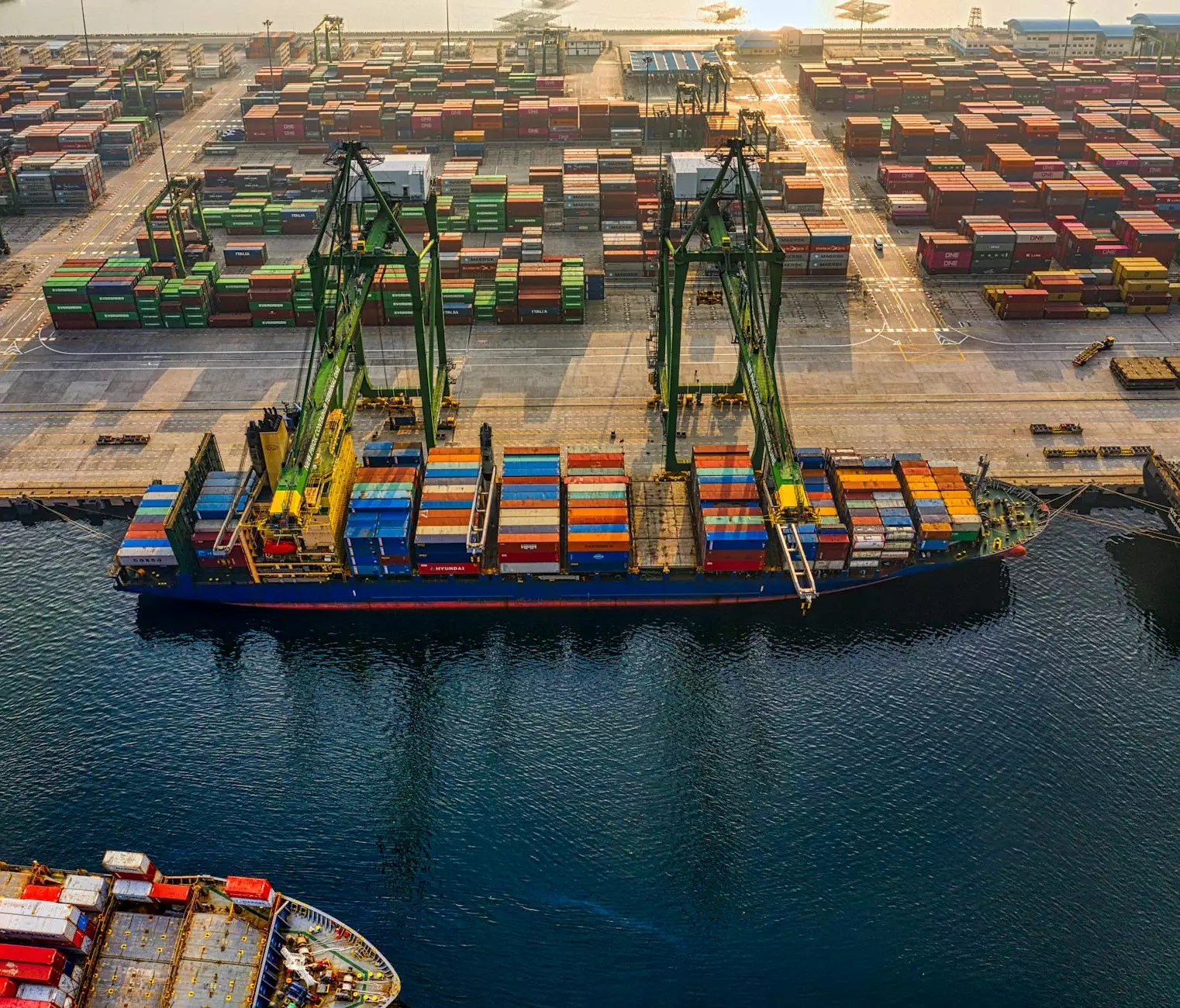The Impact of Air Cargo Costs on Business Operations

As a business operating in the competitive world of shipping and logistics, understanding and managing air cargo costs is crucial to optimizing your operations. In this article, we will delve into the various factors that influence air cargo costs and explore strategies to streamline your shipping processes for enhanced efficiency and profitability.
Factors Affecting Air Cargo Costs
When it comes to air cargo costs, several key factors come into play, including fuel prices, route distance, cargo volume, aircraft type, and handling fees. Understanding how these variables impact your overall shipping expenses is essential for making informed decisions that will benefit your business in the long run.
Optimizing Shipping Centers for Cost Efficiency
Efficient shipping centers play a pivotal role in managing air cargo costs. By strategically organizing and managing your shipping facilities, you can minimize handling times, reduce delays, and ultimately lower your overall shipping expenses. Utilizing advanced technologies and automation can further streamline your operations and drive cost savings.
Implementing Advanced Transportation Solutions
Transportation is another critical aspect that significantly influences air cargo costs. By partnering with reliable transportation providers and leveraging innovative transportation solutions, such as intermodal transport and consolidated shipments, you can optimize your logistics chain and achieve cost-efficient shipping processes.
Maximizing Operational Efficiency at Airports
Airports play a central role in the air cargo supply chain, affecting both cost and efficiency. By collaborating closely with airports and airlines, businesses can explore opportunities to streamline processes, optimize cargo handling, and reduce turnaround times, leading to cost savings and improved overall operational efficiency.
Strategies for Cost-Effective Air Cargo Management
Effective management of air cargo costs requires a comprehensive approach that integrates data analysis, performance metrics, and continuous improvement strategies. By regularly evaluating and optimizing your shipping operations, you can identify areas for cost reduction, enhance supply chain visibility, and drive greater efficiency across your entire logistics network.
Utilizing Advanced Technologies for Cost Optimization
The adoption of cutting-edge technologies, such as predictive analytics, real-time tracking systems, and cloud-based logistics platforms, can revolutionize the way businesses manage their air cargo costs. By harnessing the power of data and automation, companies can make data-driven decisions that enhance operational efficiency and drive down shipping expenses.
Conclusion
In conclusion, mastering the art of managing air cargo costs is essential for businesses looking to enhance their shipping operations and drive overall profitability. By understanding the key factors influencing air cargo expenses and implementing innovative strategies for cost optimization, companies can achieve greater efficiency, improved customer satisfaction, and a competitive edge in the dynamic world of global logistics.



